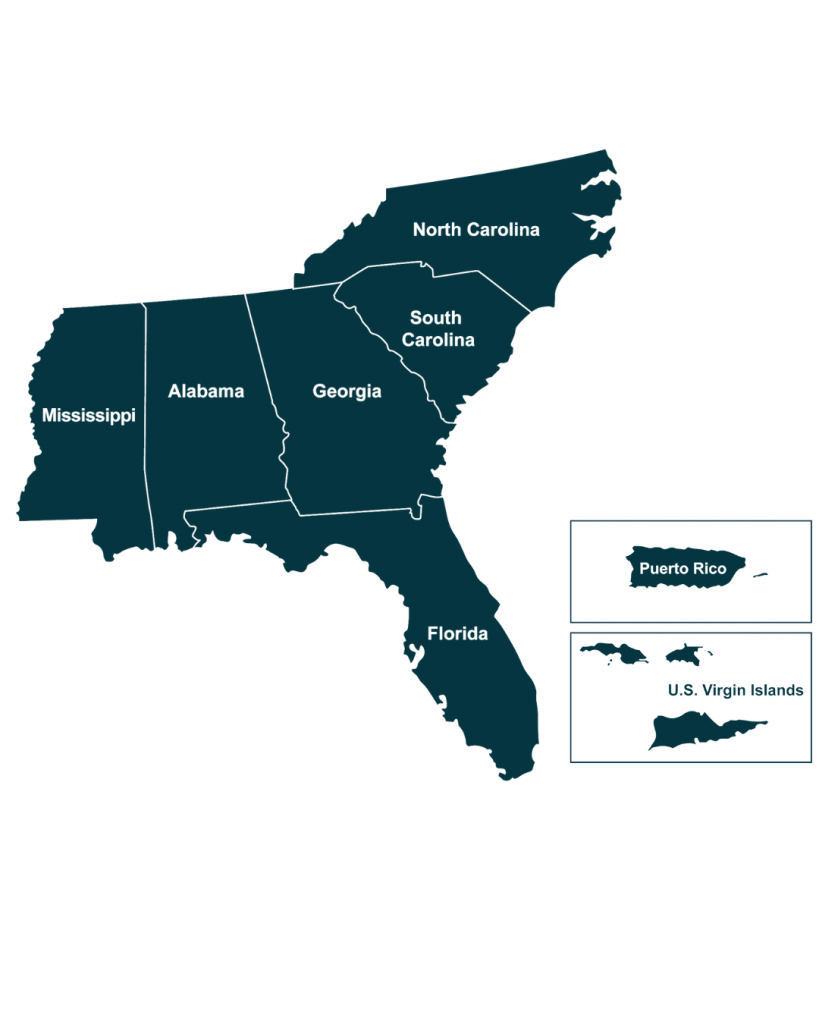Project Summary
Chronic kidney disease of unknown etiology (CKDu) is an emerging public health concern for agricultural workers in various regions within the subtropics and tropics. Recognition of this condition is growing among agricultural communities and has been described in regions found in Central America, Sri Lanka, India, Tunisia, and Taiwan. The pathologic mechanisms leading to this form of nephropathy remain a mystery, but the process appears to be multifactorial. A combination of chronic heat stress and dehydration, prolonged exposure to agrochemicals and drinking water pollutants, and ongoing exposure to toxins produced by plants, microorganisms, and/or animals, have all been hypothesized to contribute to CKDu in agricultural communities.
Research is needed to better understand those at-risk for this condition, and our multidisciplinary team will investigate the incidence and prevalence of CKDu among agricultural communities here in the state of Florida. Through our clinical networks, our team will analyze electronic health record and administrative claim data to examine occupational disparities in CKDu, geographical hotspots that may exist and develop a multi-level and geospatial model for CKDu risk factors in our state.










